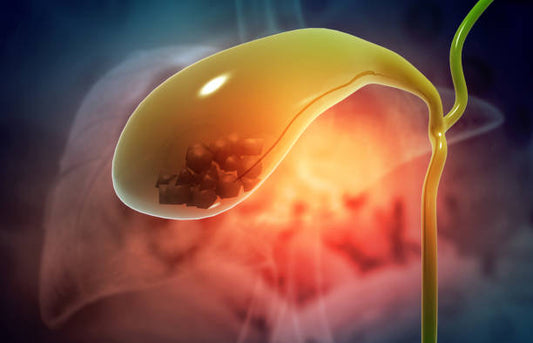Cranberry seed oil, extracted from the seeds of the vibrant cranberry fruit (Vaccinium macrocarpon), is a nutrient-rich elixir celebrated for its potent skincare benefits. Packed with antioxidants, vitamins, and fatty acids, cranberry seed oil offers a natural solution for achieving nourished, radiant skin. In this article, we'll explore the beauty-enhancing properties of cranberry seed oil, its advantages, and how it can transform your skincare regimen.

Discovering the Beauty Benefits of Cranberry Seed Oil:
-
Antioxidant Protection: Cranberry seed oil is rich in antioxidants, including vitamin E, vitamin C, and phenolic compounds, which help protect the skin from free radical damage and oxidative stress. By neutralizing harmful free radicals, cranberry seed oil contributes to overall skin health and vitality, preventing premature aging signs such as wrinkles, fine lines, and age spots.
-
Hydration and Moisture Retention: The omega-3, omega-6, and omega-9 fatty acids present in cranberry seed oil deeply nourish and hydrate the skin, locking in moisture and preventing dehydration. Whether used as a facial oil or incorporated into skincare formulations, cranberry seed oil leaves the skin feeling soft, supple, and rejuvenated.
-
Skin Barrier Repair: Cranberry seed oil contains a balanced ratio of omega fatty acids, which helps strengthen the skin's natural barrier and improve its resilience. This promotes better moisture retention, enhances elasticity, and protects the skin from environmental stressors, such as pollution and UV radiation.
-
Anti-Inflammatory Properties: Cranberry seed oil exhibits anti-inflammatory properties that soothe and calm irritated or inflamed skin. It can be particularly beneficial for individuals with sensitive skin, eczema, or rosacea, helping to reduce redness, itching, and discomfort.
-
Brightening and Revitalizing: Cranberry seed oil contains natural antioxidants and vitamins that promote a brighter, more radiant complexion. With regular use, cranberry seed oil helps diminish the appearance of dullness, fatigue, and uneven skin tone, revealing a luminous glow that emanates from within.
Incorporating Cranberry Seed Oil into Your Skincare Routine:
To harness the beauty benefits of cranberry seed oil, consider the following:
-
Facial Oil: Apply a few drops of pure cranberry seed oil to cleansed skin as a nourishing facial oil or mix it with your favorite moisturizer for added hydration and nourishment.
-
Serums: Look for serums or facial treatments containing cranberry seed oil as a key ingredient. These concentrated formulations deliver targeted skincare benefits, such as antioxidant protection, hydration, and brightening.
-
Body Care: Incorporate cranberry seed oil into your body care routine by using it as a moisturizing body oil or adding it to bath water for a luxurious soak. It helps soften and smooth the skin, leaving it feeling velvety-soft and rejuvenated.
Conclusion:
Cranberry seed oil serves as a testament to the nourishing power of nature, offering a wealth of benefits for achieving healthy, glowing skin. By incorporating cranberry seed oil into your skincare routine, you can indulge in its antioxidant-rich, hydrating, and revitalizing properties, revealing a complexion that radiates with vitality and luminosity. Embrace the nourishing essence of cranberry seed oil and unlock the secret to radiant skin that exudes natural beauty.












